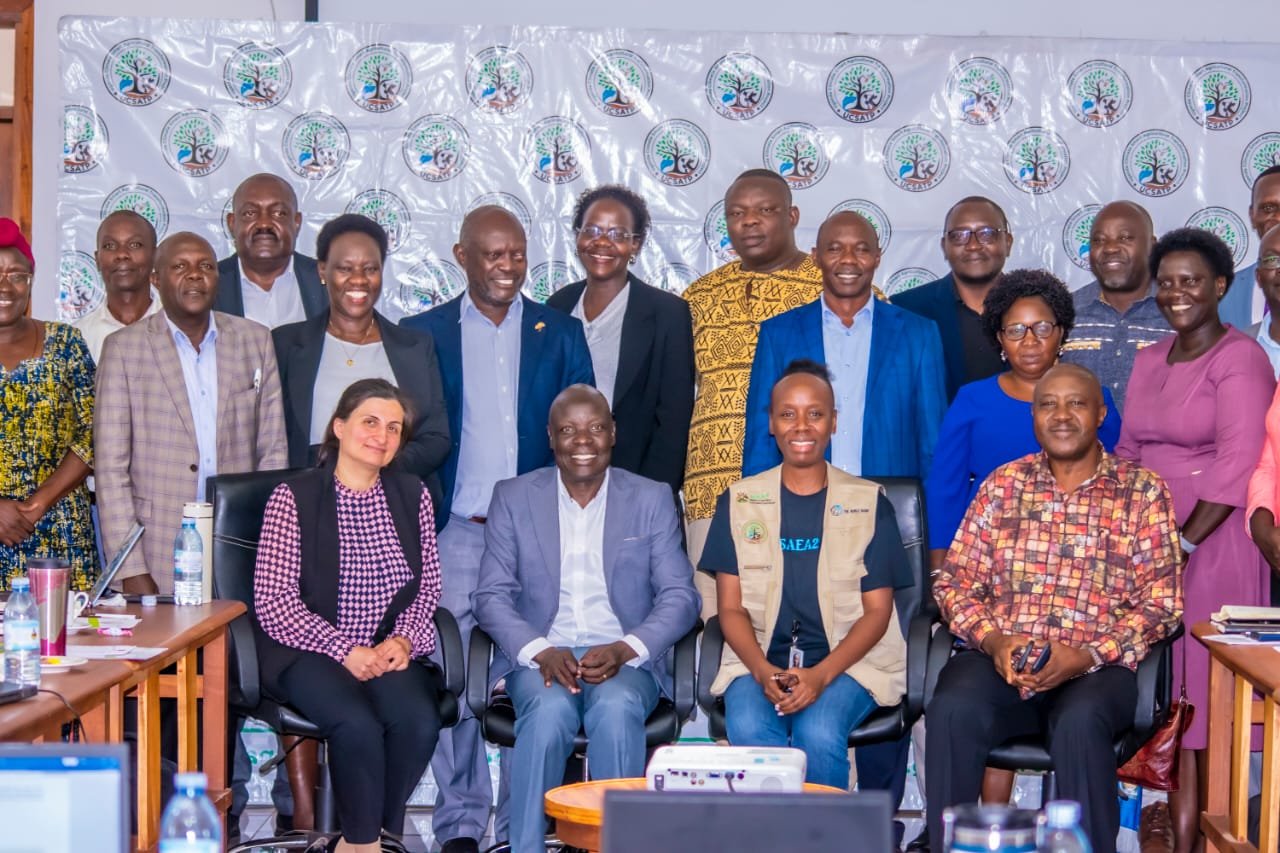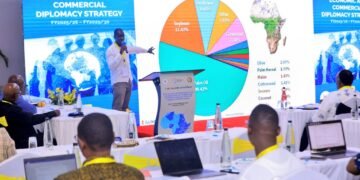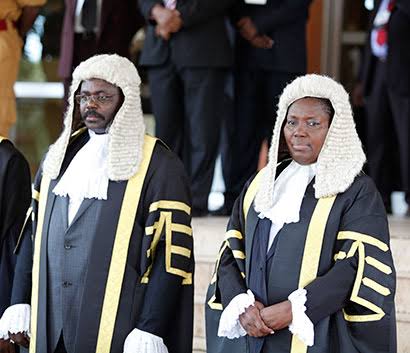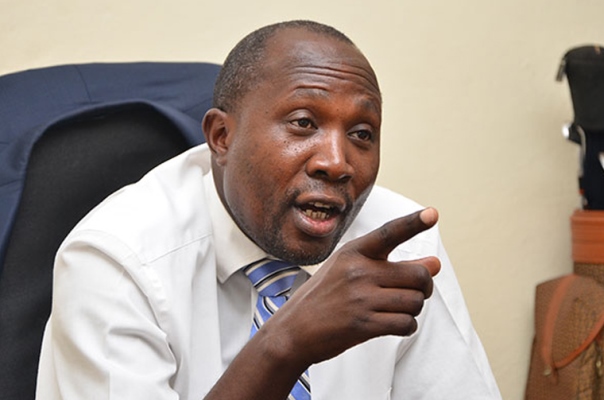The government has launched a $350 million initiative aimed at transforming Uganda’s agricultural sector by equipping smallholder farmers with climate-resilient farming tools, knowledge, and resources to bolster food security and economic resilience in the face of climate change.
The Uganda Climate Smart Agricultural Transformation Project, launched this week, seeks to support farmers across 69 districts, including seven refugee settlement camps, through a range of targeted interventions such as matching grants, mechanization support, extension services, and access to climate-smart technologies.
According to Eng. Boniface Okannya, the project coordinator, the initiative is designed to transition small-scale farmers into more productive and sustainable large-scale agricultural actors. “The project will cover the entire value chain, including crops, livestock, fisheries, and even beneficial insects like the black soldier fly,” Okannya said.
He added that the program will also address key bottlenecks in the agricultural ecosystem, including improving post-harvest handling, market access, and farmer mobility.
Commissioner for Crop Protection at the Ministry of Agriculture, Mr. Stephen Tibeijuka Byantwale, emphasized the project’s significance in addressing declining donor funding for refugee programs. “Donor support to refugee food aid has reduced. This project will empower refugees in seven settlement camps to grow their own food and also generate income through commercial farming, such as growing vegetables for sale,” he said.
Key components of the initiative include enhanced extension services, retooling agricultural officers, and establishing agro-meteorological systems to help farmers manage risks posed by erratic weather patterns, pests, and other climate-related challenges.
“The focus is on training, extension, early warnings, and pest management. We want to ensure farmers are equipped not just with inputs but also with timely information,” Okannya explained.
Ms. Kushina Kundanangwe, Senior Agricultural Economist with the World Bank and the project’s Task Team Leader, confirmed the funding and outlined the project’s broad scope. “This $350 million project will focus on 13 value chains spanning crops, livestock, fisheries, and insects. We aim to ensure smallholder farmers gain access to essential inputs to improve productivity,” she said.

















